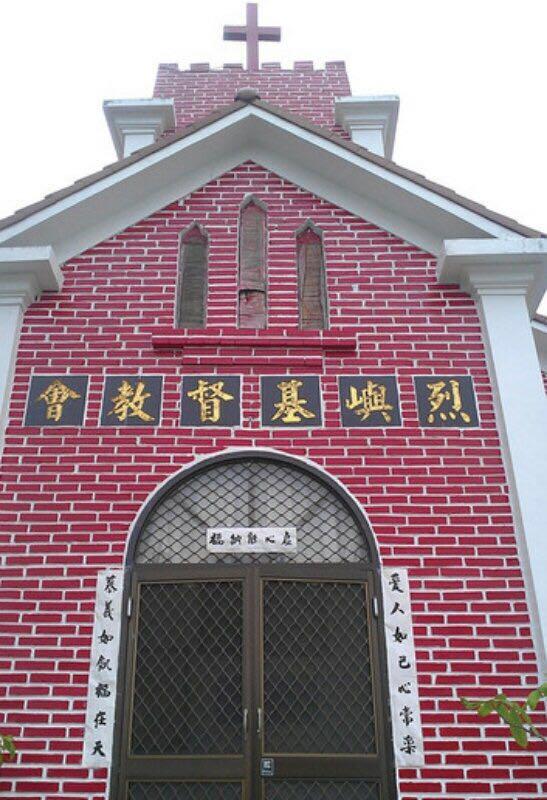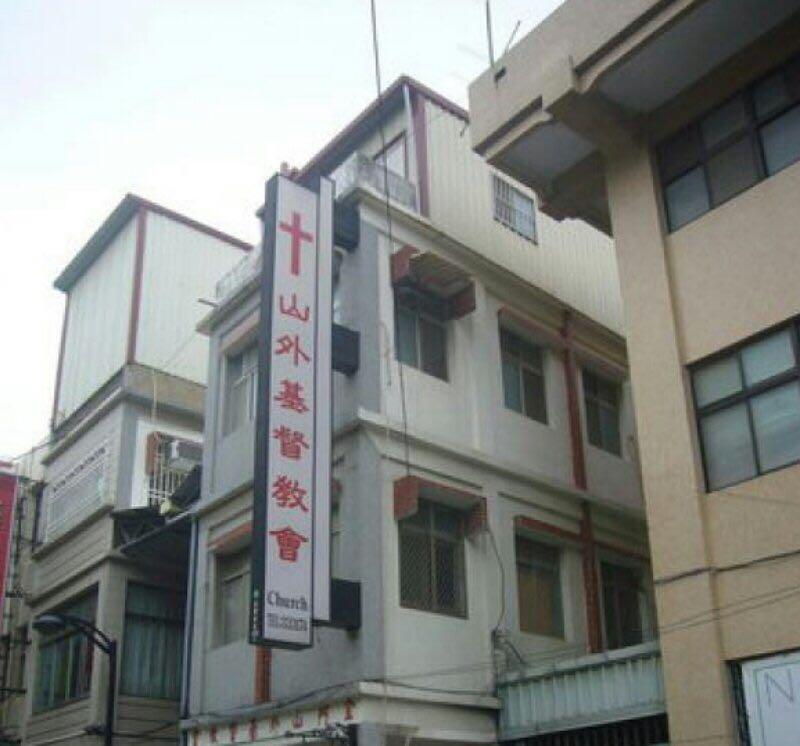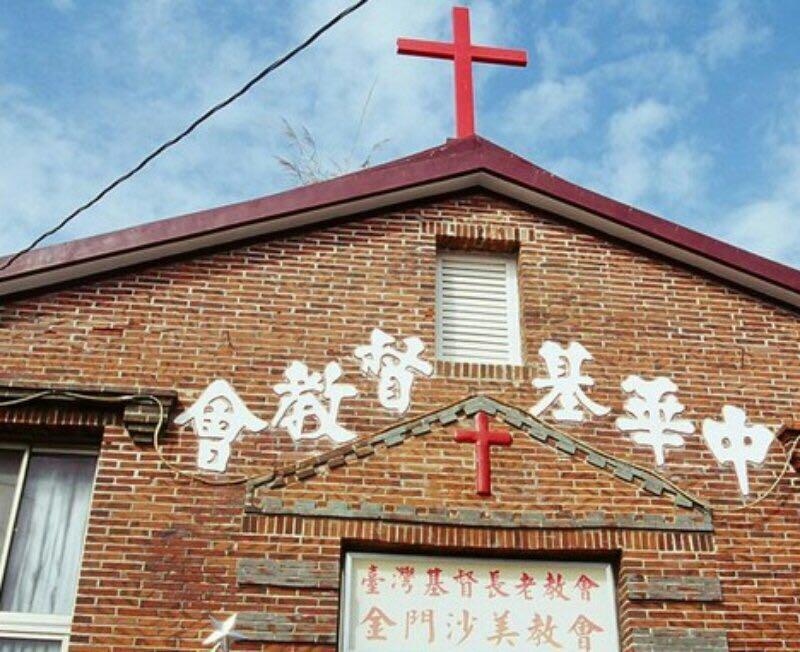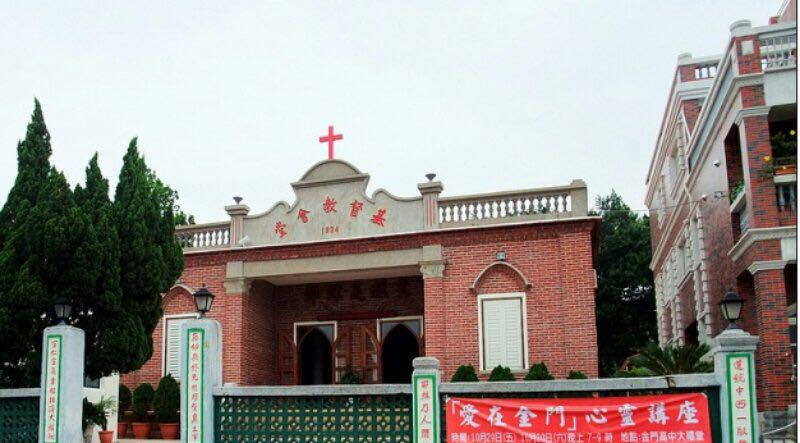Kinmen formerly belonged to Tong'an County, Quanzhou, Fujian and was officially established as a county in 1915. It has a population of about 110,000. In recent years, the residents of the islands are no more than 50,000 since young and middle-aged locals migrate to mainland China and Taiwan for jobs.
Christians are regarded as a minority group in Kinmen where traditional folk religions like Buddhism and Taoism are dominant. In 1896, the Presbyterian Church of England set up four Christian gatherings on the islands. There were around 100 Christians. In 1900, the Kinmen Chinese Christ Church was founded in Jincheng Town with the help of the Chinese Church in Minnan. Governed by the church in Minnan, it had seven church buildings and church-affiliated schools.
Pastors from Nan'an, Xiamen, and Zhangzhou were sent to serve in Kinmen. Rev. Lin Zhicheng, the father of Lin Yutang, often toured and preached in the church of Kinmen. His friend, Rev. Lin Wenqu who once pastored in Nansheng Church situated in Pinghe County, became the pastor of the church in Kinmen from 1908 to 1917.
When the Marco Polo Bridge Incident broke out in 1937, Kinmen fell on October 26 of the same year, becoming the first area captured by the Japanese army in the southeastern coast of the country. The church was occupied and gatherings were forced to halt.
After the Japanese army ruled the islands for almost eight years, it repatriated all the missionaries in the "Japanization" Movement. Rev. Huang Weimin, who pastored in the church of Kinmen at that time, was forced to leave Kinmen. Instead, a Japanese pastor took over his position.
After China triumphed in WWII, since July 1949, Rev. Su Huaduo was sent to pastor the church in Kinmen and served there until retirement in 1973.
Due to the separation of Taiwan from the mainland, the following pastors were appointed by the church of Taiwan.
Currently, the majority of Christians in Kinmen inherit the faith from their older generations or convert to Christianity when they study or work in Taiwan and foreign countries. The percentage of Christians among the population is low. It has only four churches including Shanwai Church, the newest one constructed by Rev. Su Huaduo in 1967.
- Translated by Karen Luo














